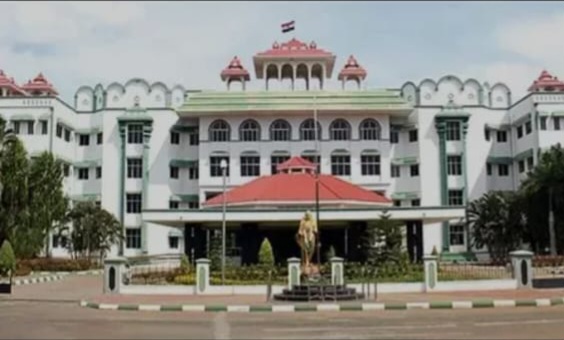14 Oct 2025
Recently, in a rare intervention emphasizing judicial diligence, the Madras High Court has directed that a Judicial Officer presiding over the Special Court for POCSO cases be sent to the State Judicial Academy to attend training programs on fundamental principles of criminal law.
The direction followed the High Court’s review of a criminal appeal in which the trial court had convicted an accused based solely on the victim’s statement under Section 164 of the CrPC.
The Division Bench of Justice AD Jagadish Chandira and Justice R Poornima observed, “We are of the opinion that the learned trial Judge who had convicted the appellant based on the statement recorded from the victim during investigation also needs to be sent for judicial training.
We direct the Registry to send the learned trial Judge to State Judicial Academy to attend training programs to understand the fundamental principles of criminal law.”
The case arose from the conviction of a man under Section 366 of the IPC for abduction and Section 6 of the POCSO Act for sexual offences.
The prosecution’s case alleged that the victim, who had gone missing in May 2022, was taken by the accused to Tiruppur, where they purportedly lived as husband and wife. Subsequent police intervention and statements recorded under Section 164 CrPC were the basis for framing charges.
On trial, the victim refuted the prosecution’s narrative, asserting that she had no acquaintance with the accused and had provided the prior statements at her father’s instruction.
The Court highlighted that the trial court had relied heavily on statements under Section 161 and Section 164 CrPC and entries in the hospital accident register, which do not constitute substantive evidence.
Further, the purported “School Education Certificate” submitted to establish the victim’s age did not satisfy the requirements of Rule 12 of the Juvenile Justice Rules, and consequently, Section 34(1) of the POCSO Act.
The Court emphasized, “From the above we find that there is absolutely no legal evidence to find the accused guilty.
When the foundational facts had not been proved by the prosecution the trial Court erred in invoking presumption as under Section 29 and 30 of the POCSO Act.
The trial Court without understanding the fundamental principle of criminal law had convicted the appellant and thereby had committed a grave error and illegality.”
Recognizing the severity of the error and drawing on precedents where judicial officers were mandated to undergo training after similar lapses, the Bench allowed the criminal appeal and acquitted the accused.
The Court emphasised the importance of grounding convictions on legally admissible evidence and cautioned against reliance on statements under Section 161 and Section 164 CrPC for substantive proof.

